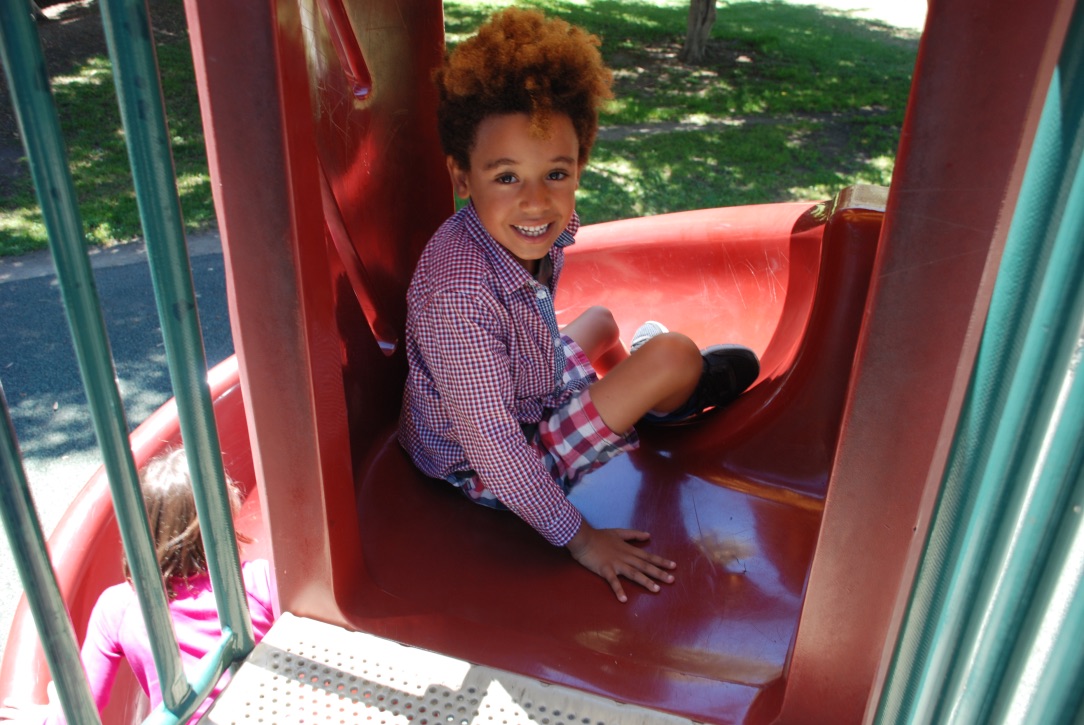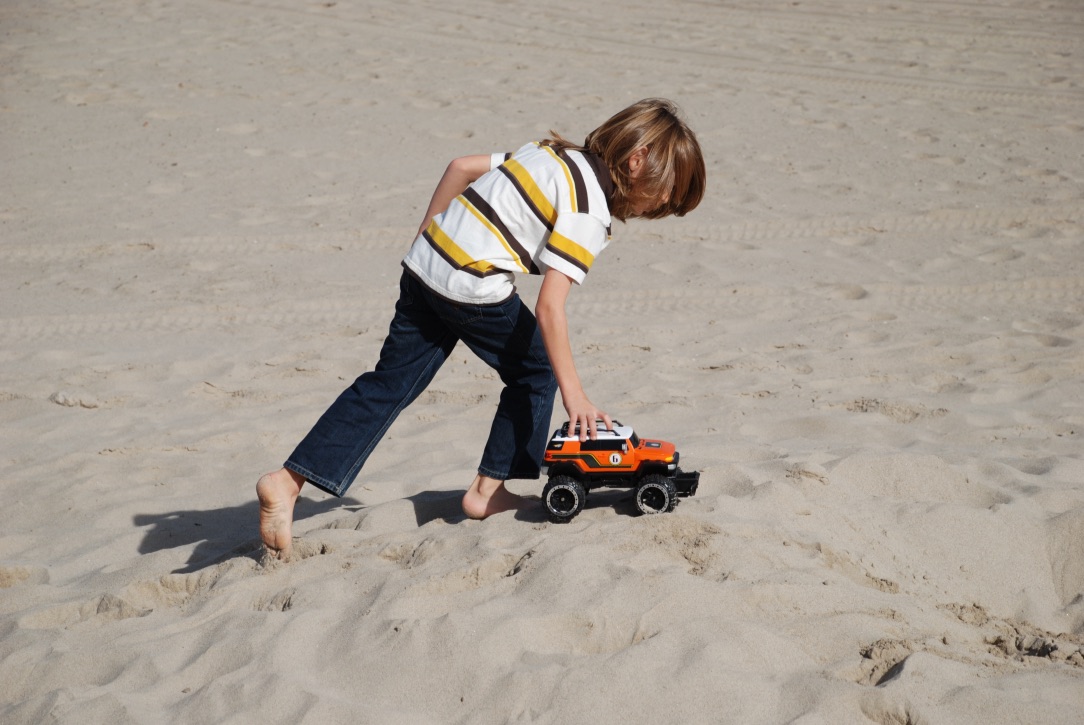How parents can support Pretend Play!
Learn more about what our kids are learning as they pretend!
There is currently a lot going on in our household. Our family grew by +1 kiddo and our older toddler is doing what toddlers do best: learning through play – AKA chaos! However, as the new semester has commenced and new projects are announced, I’d like to take time for this month’s write up to focus on the pretend play and how it impacts our lives as adults.
With our toddler continuing to grow and develop, I have been increasingly fascinated with how he has moved on from simple object manipulation (making sense of the world) to pretend-play (engaging in play around multiple worlds or realities). You can imagine his thought process as he moves whatever he holds throughout space – now with bonus sound effects! “What if I zoomed this over here and it hit that, what would happen?” And his actual response: “Boom, fall down!”
When we pretend or speculate, it can serve as great practice for real life. While the risk might be much lower for whatever craft a child is navigating around the room, we as adults also constantly utilize simulations and forecasts. All of that data we are collecting can be processed to predict trends. In fact, as we all experience, we are constantly barraged by ads that pretend they know who we are and predict how we’ll act. In a less menacing case, these activities can also be found in human centered design workshops which share some commonality with the following points.
In “pretending,” we can explore multiple perspectives and solutions. This process is very commonly used in product development and strategy. We can tease out various futures and how current systems / models may be affected by our choices. By doing so we can build empathy and allow that to guide how we conduct ourselves.
We can also pretend or role play to talk about scary or difficult things. This shouldn’t come as a surprise to most, but it’s important to know and name that his method can be a safe way to dig at some of these tougher topics. I have experience in this through delivering strategic workshops using the LEGO Serious Play Methodology (LSP) in which some exercises rely heavily on assigning roles.
TLDR; Pretend play is more than just make believe, it provides real opportunities to learn. Whether we’re role playing or doing horizon work for our next project, we use the same practices that we did in our youth. It’s truly amazing to me that after so many years on this earth and so many degrees, I’m still learning more things about my field in the most joyful ways – engaging in play with my family!
About the Author:
John Balash was instrumental in Digital Dragon’s launch in 2013 as its first Curriculum Director and is now back in the fold as a consultant on all the latest and greatest in tech education.This is John’s latest contribution to a monthly blog series we’ve launched, Tech News from the Frontier. John is the Director of Educational Engagement at Carnegie Mellon University’s Entertainment Technology Center. John has worked on educationally-focused initiatives with clients ranging from D.A.R.P.A. to Disney. Working from both sides of the desk, you can find John in classrooms and conferences around the world exploring new uses for technologies in learning environments.



